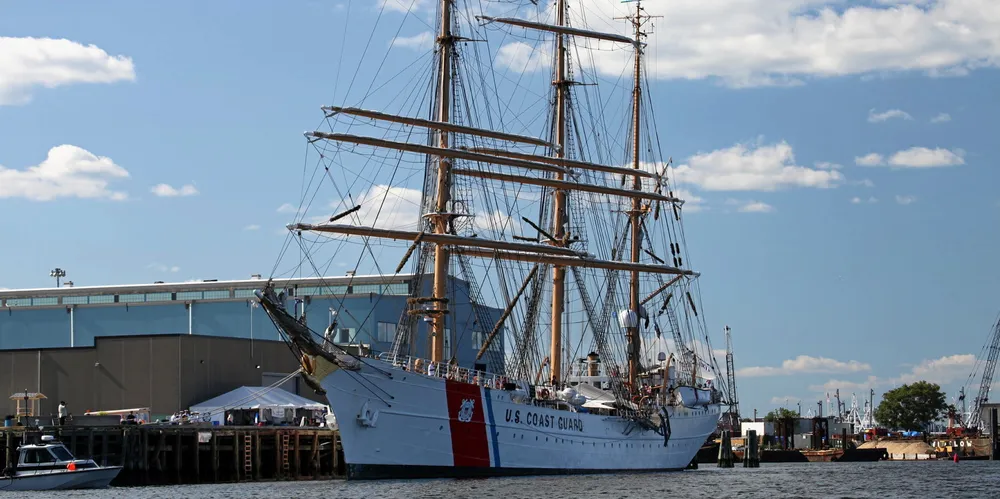Massachusetts bolsters US offshore wind with federally-funded research and training centre
State university to lead 40-member consortium on diverse workforce training and research into sector's social and environmental resilience

Massachusetts will bolster its leading role in US offshore wind with a new Department of Energy (DoE)-funded education and research centre to boost the sector's social and environmental resilience while training a diverse workforce.
The Academic Center for Reliability and Resilience of Offshore Wind (Arrow), led by the University of Massachusetts (UMass) at Amherst with around 40 academic, governmental and research partners, will focus on diverse workforce development and targeted research into environmental and social impacts as well as stakeholder engagement.
“This consortium will provide timely and relevant training and education to help foster the domestic offshore wind workforce of tomorrow and secure a clean energy future for all Americans,” said Jeff Marootian, principal deputy assistant secretary for DoE’s Energy Efficiency and Renewable Energy division.
DoE will provide some $4.75m of the $11.9m budget for the centre through its Wind Energy Technologies Office, with the remainder provided by participating organisations.
Along with UMass-Amherst, Arrow members include Johns Hopkins University, Northeastern University, University of Puerto Rico at Mayagüez, and several others.
The Argonne National Laboratory, National Renewable Energy Laboratory, and the Pacific Northwest National Laboratory, are likewise members, along with the Massachusetts Clean Energy Centre, and the Maryland Energy Administration.
Arrow is designed to “foster and support a diverse, enduring offshore workforce that is domestically educated while ensuring reliable, resilient, equitable, low-cost, and rapid deployment of offshore wind energy,” the centre said.
The centre will support three programmes, including Arrow-Empower to train up to 1,000 students over its expected 5-year duration, as well as Arrow-Innovate to conduct research on infrastructure, atmospheric and ocean conditions, and marine and human ecology to strengthen the sector’s resilience.
Arrow-Engage will spearhead stakeholder engagement in communities across the country to ensure equitable benefits while growing a diverse workforce.
The state is also home the US’ first sector-ready port, the New Bedford Marine Commerce Terminal, which is serving as Vineyard’s marshalling hub.